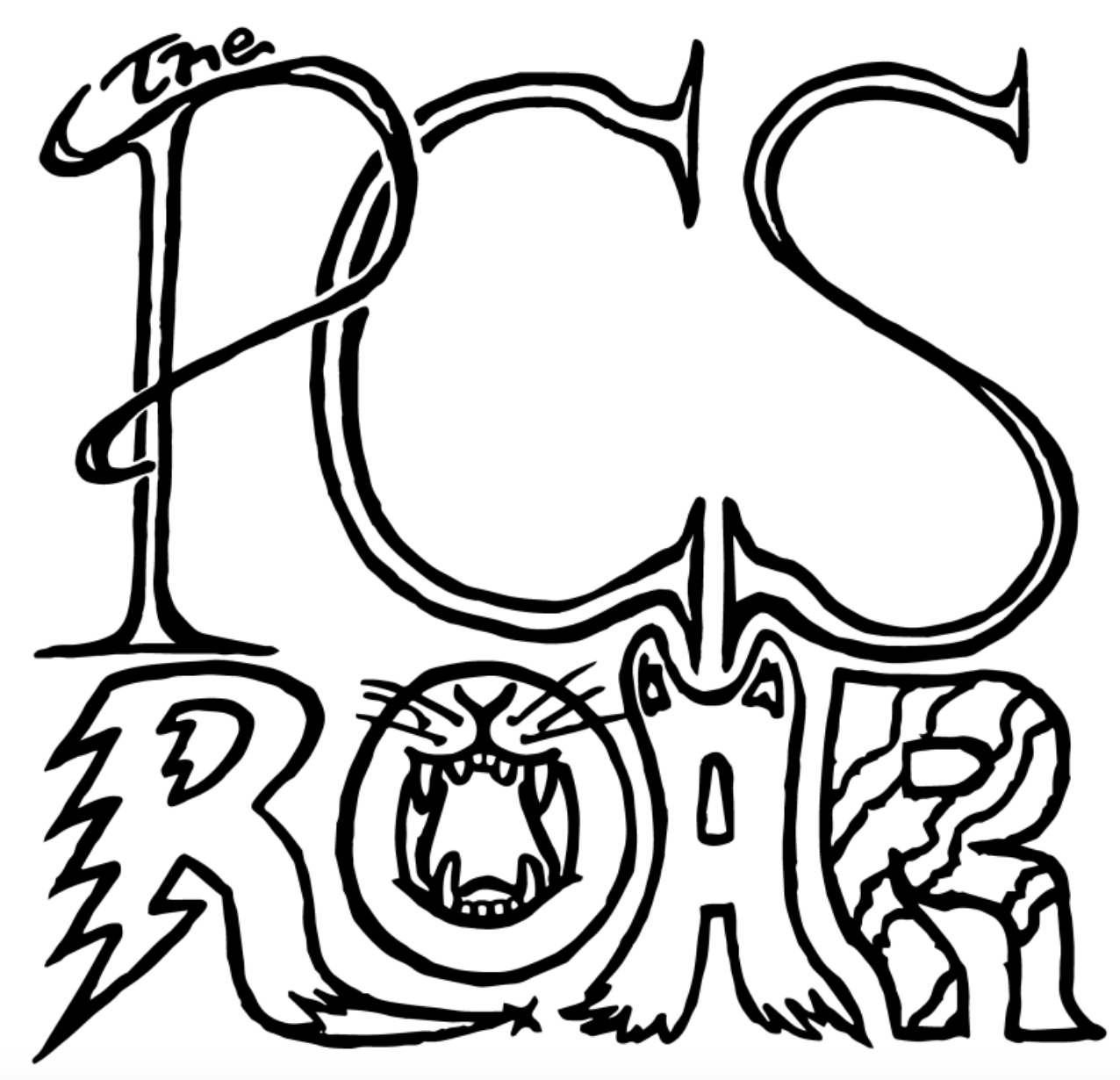PCS Brings Back ‘Immigration And Identity’ Class
November 7, 2014
Rich discussion and controversial conversation echo across the room. Students’ eyes widen as the class progresses, experiencing a class structure unlike many offered here at PCS. Be warned: substantial reading is required and an open mind is appreciated.
History teacher Jessica Barbata’s Immigration and Identity course has resurfaced at PCS this year. Originally offered in the Spring of 2012, the class is now being offered for the second time in PCS history. PCS history electives run on a two year rotation, meaning each course (one semester long) is offered once every two years.
Immigration and Identity is heavily based on Ms. Barbata’s graduate work at UCSC. She is currently four years into earning her Ph.D. in history. She specializes in U.S. history with an emphasis on nineteenth- and twentieth-century immigration history.
“Specifically, my research looks at the experience of racially-marked immigrants like Italians in the Gulf South during the Jim Crow era,” Ms. Barbata explained. “My master’s thesis was about the lynchings of Italians in Louisiana in the 1890s, and my dissertation will expand on this to look at how Italian immigrants complicated conceptions of citizenship, by looking at disenfranchisement efforts, miscegenation laws, immigration restrictions, etc.”
The course is called Immigration and Identity because it not only encompasses immigration throughout United States history, but it also addresses how immigrants identify with one another and how they are recognized by United States citizens. According to Ms. Barbata, this has a lot to do with race, but ethnicity is significant as well. Where race describes heritage, birthplace and skin color, ethnicity describes the culture that one is brought up with. Thus the course is not only about immigration but also how immigrants find their own identity.
“Immigration and Identity is unlike an orthodox high school class because of the class discussions,” said senior Madeleine Friedenbach. “We learn primarily through discussion rather than lecture.”
“We consistently return to these topics and questions in an effort to discuss the history of why immigration issues have been (and continue to be) so controversial,” Ms. Barbata said.
“Immigration is incredibly useful for putting the events of the past three centuries into greater context. In other history classes, you often don’t realize how extreme the political pressure related to immigration actually was,” said junior Rhiannon Mulligan.
Ms. Barbata structures the class to be heavily based on class discussion. Although she is qualified to teach the course in a lecture-based form, she leaves most of class time for student-led discussions that are much more organic and free form than a traditional history course.
“My goal for this class is to provide students with an introduction to the look, feel and experience of a college history class. First and foremost, this is a discussion class; in this regard, we are actually practicing (rather than just learning) history,” Ms. Barbata said.

